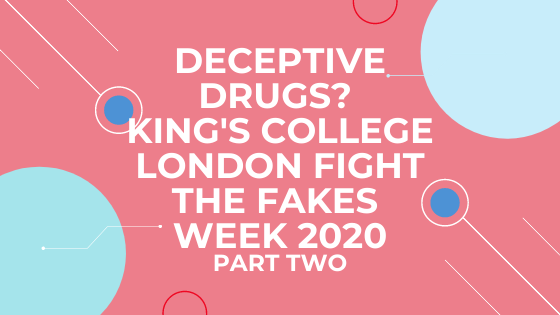Who’d have thought that almost a year on, the UK would still be in lockdown? Not us, that’s for sure. As new variants of the original coronavirus emerge, things seem to be getting more and more complicated. Let’s dive right in and ask where did they come from, where did they go?
Why and how do we get different variants of viruses?
Viruses mutating and differentiating into new variants is nothing new, it’s just what viruses do. For example, a new strain of flu arises each year, hence why we get vaccinated annually. This is because viruses are evolving, but how do they do it so quickly? This rapid evolution happens because viruses mutate more often than other organisms. This, in turn, is because they replicate at faster rates too. Each new individual virus creates an opportunity for mutations to arise, because the more you replicate DNA, the higher the chance of genetic material being copied incorrectly. Most mutations don’t affect the virus, but occasionally, they provide an advantage, for example, allowing the virus to infect more people, helping it to make even more copies of itself.

What’s the difference between strain and variant?
Sars-COV-2, the virus that causes COVID-19 is a strain of coronavirus. The new variants of Sars-COV-2 that we are seeing emerge, are variants, not strains. Good to know!
What are the new COVID-19 variants?
There are currently three known variants of concern:
- B.1.1.7 was identified in the UK in autumn 2020, and it has since spread to several countries. It was originally thought that this variant may be more transmissible, but not more severe. However, in January, the UK government announced that it may be associated with higher death rates
- B.1.351 emerged in South Africa in October 2020, and it is believed to share some mutations with the UK variant. This variant has been found in the USA as of January 2021
- P.1 was found in Brazil in January 2021 and is believed to comprise mutations that may affect the ability of antibodies to recognise it.
How did the variants emerge?
We don’t know the answer to this for sure, but one theory is that the variants may have emerged when an immunocompromised person was infected with Sars-COV-2.
Immunocompromised people have weaker immune systems, leading to prolonged infection times. This gives the virus more time to replicate within the host, increasing the chances of a mutation, and therefore, a new variant arising.
This is one of the reasons why we must protect the most vulnerable in society, the elderly, or people with weakened immune systems. So, keep wearing those masks and washing those hands!

Do the new variants affect COVID testing?
There have been growing concerns that traditional COVID-19 tests may not be able to pick up the new variants, and it seems that the jury is still out on whether or not that’s true. The FDA issued a warning on 8th January that new variants may produce false-negative results if the mutation causing the variant was located in a region of the viral DNA being tested. Tests should, therefore, target multiple regions, as a sort of back-up plan, the FDA recommends.
Will vaccines work against the variants?
The answer to this will probably depend upon the variant in question. Moderna, Pfizer, and AstraZeneca appear confident that their vaccines will still be effective against the UK variant, as do the producers of the as-yet unlicensed Novavax vaccine. However, there is evidence to suggest that the South African variant may be able to evade antibodies, meaning that vaccines may not be as effective against this variant. There is not enough evidence available yet for the Brazilian variant and how it may respond to vaccines. All hope is not lost, however, as experts agree it is unlikely that a vaccine will be completely ineffective against variants, but efficacy may be lower than would be expected against the original Sars-COV-2 strain.
Will we have to update the vaccines?
It’s not out of the question. In theory, it should be a fairly straightforward process, as long as only tiny tweaks are needed. Whether we will need a new COVID vaccine every year as we do for seasonal flu, is still under speculation. The annual flu vaccine can be produced every year thanks to a global surveillance system that monitors emerging variants of flu, allowing scientists to update vaccines in line with patterns observed. We don’t yet have a system like this in place for Sars-COV-2, but it’s looking increasingly likely that one will be needed in the future.
We hope this post has helped answer some of your questions about the emerging COVID variants.
Keep safe, and remember to keep seeking the science!





Dillon
Great article! It does look as though we’re going to need a new vaccine every year since the virus has spread across the globe and continues to mutate. Especially when you compare it to the last pandemic on this scale, which was the flu